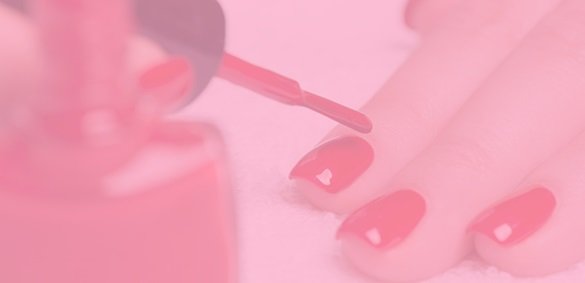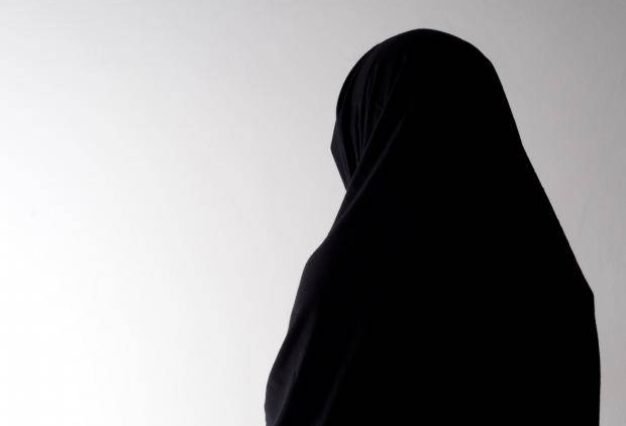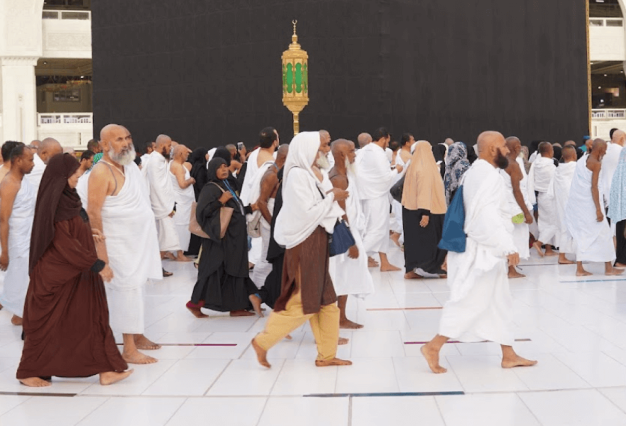Answered by Shaykh Yūsuf Badāt
Question:
Is it permitted to wear nail polish for a social function that will last 2-3 hours, after which the nail polish could be removed for prayers?
Answer:
Jazak Allāh Khayr/ Thank you for your question. May Allāh Almighty bless you tremendously for your desire to acquire the appropriate knowledge.
In response to your concern, kindly note that if such a social gathering meets all aspects of morality and modesty while adhering to proper Islamic etiquette of gender interaction, then it would be permissible for you to do what you have described.
Note that islamicaly, your beauty is only to be displayed to those who are maḥram.
“And tell the believing women that they must lower their gazes and guard their private parts, and must not expose their adornment, except that which appears thereof, and must wrap their bosoms with their shawls, and must not expose their adornment, except to their husbands or their fathers or the fathers of their husbands, or to their sons or the sons of their husbands, or to their brothers or the sons of their brothers or the sons of their sisters, or to their women, or to those owned by their right hands, or male attendants having no (sexual) urge, or to the children who are not yet conscious of the shames of women. And let them not stamp their feet in a way that the adornment they conceal is known. And repent to Allāh O believers, all of you, so that you may achieve success.” (Qur’ān 24:31)
The nail polish must be completely removed for the validity of wudhū prior to prayer.
During wudhū (ritual ablution), water must touch the areas of the body which are necessary to be washed. The farāid (mandatory acts) of wudhū are to wash the face, arms, feet and make masaḥ (pass wet hands) over the head as instructed in the following verse:
“O you who believe, when you rise for Ṣalāh, (prayer) wash your faces and your hands up to the elbows, and make masaḥ (wiping by hands) of your heads and (wash) your feet up to the ankles.” (Qur’ān 5:6)
During the washing of the hands, it is imperative that the outer areas of the nails also be washed. Hence, if one has applied nail polish, then one should remove the nail polish and be thorough in washing, so that water reaches the areas around the fingers and nails. Since this is a matter related to prayer and its requisites, all precautions should be undertaken. If one has used nail polish and has not completely removed it, the nail polish will prevent the water from reaching the nails.
In modern times, there are numerous cosmetic products applied by women. In such cases, if the beauty products are made of substances that prevent the water from touching the skin and nails, it would be mandatory to remove them to ensure a valid wudhū (ritual ablution).
All the above rulings would apply even if one had initially performed ghusl (ritual bath) and or wudhū (ritual ablution) before applying the nail polish, cosmetics or makeup. For when one’s wudhū breaks, one must re-wash all necessary areas.
And Allāh Knows Best




